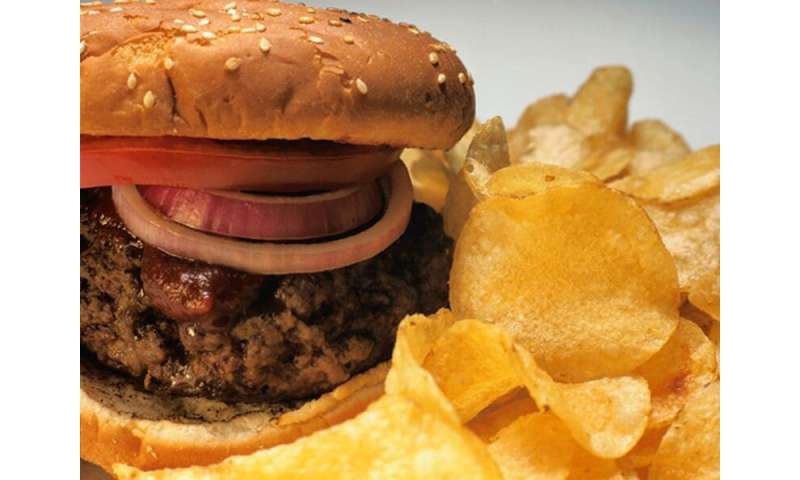
Ultraprocessed food (UPF) consumption is associated with an increased risk for type 2 diabetes (T2D), according to a study published online Dec. 16 in JAMA Internal Medicine.
Bernard Srour, Pharm.D., M.P.H., Ph.D., from Paris 13 University, and colleagues examined the correlations between UPF consumption and risk for T2D in a population-based prospective cohort study with 104,707 participants. Repeated 24-hour dietary records were used to collect dietary intake data and registered consumption of more than 3,500 different food items.
The researchers found that in the lowest and highest UPF consumers, the absolute T2D rates were 113 and 166 per 100,000 person-years, respectively. UPF consumption correlated with an increased risk for T2D (multiadjusted hazard ratio, 1.15 for an absolute increase of 10 in the percentage of UPF in the diet) during a median follow-up of 6.0 years. Statistically significant correlations persisted after adjustment for several markers of nutritional quality of the diet, for other metabolic comorbidities (hazard ratio, 1.13), and for weight change (hazard ratio, 1.13). Even with adjustment for unprocessed or minimally processed food intake, there was a consistent association for the absolute amount of UPF consumption with T2D risk (hazard ratio for a 100-g/day increase, 1.05).
Source: Read Full Article
